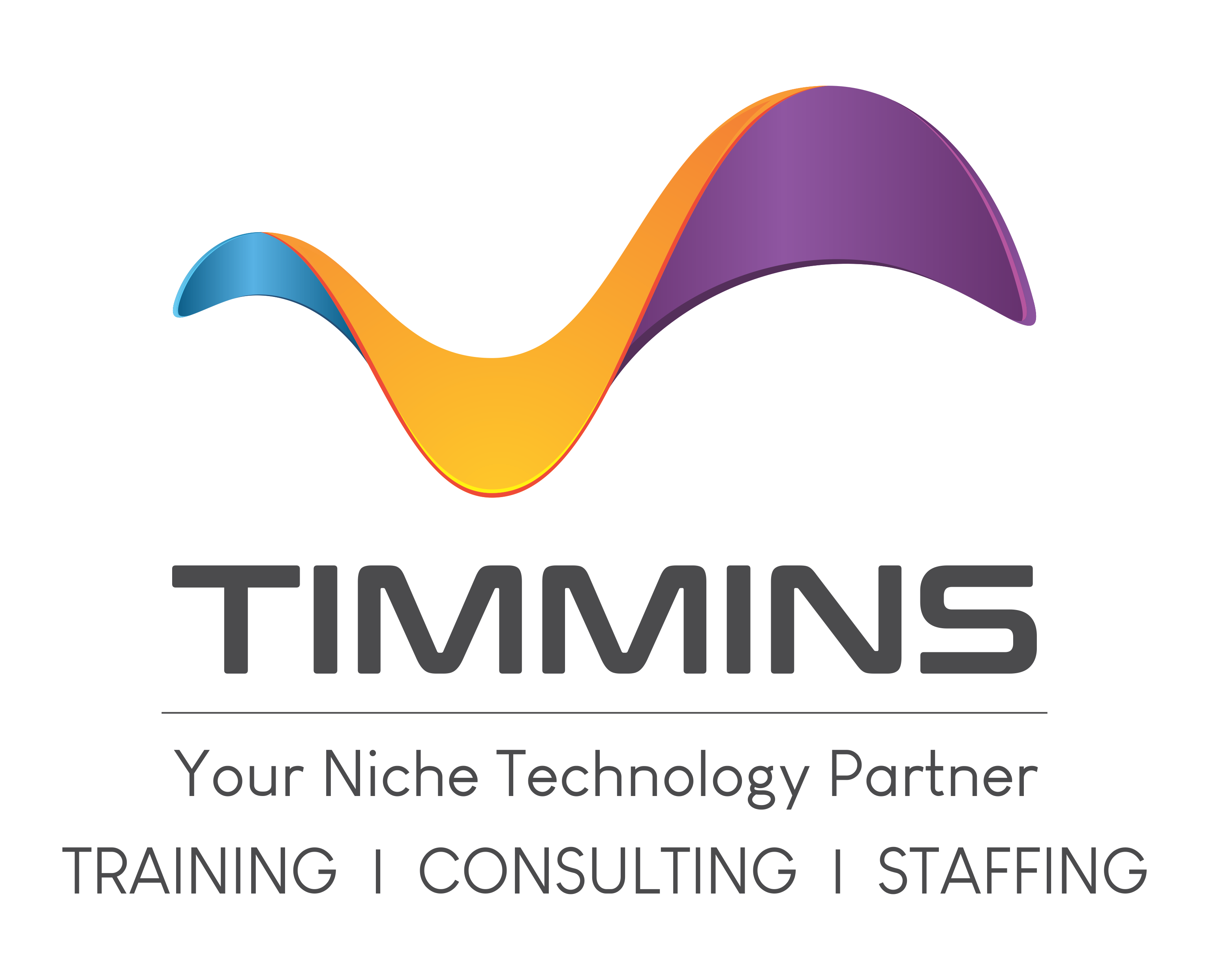
Course Content
Section outline
-
Module 1: Application Networks and API-Led Connectivity
- Overview of application networks
- API directories and secure API calls
Module 2: Introduction to Anypoint Platform
- Navigating components and building integrations
Module 3: Designing APIs
- Using RAML for API definition
- Mocking and testing APIs
Module 4: Building APIs
- Creating RESTful interfaces with Anypoint Studio
- Data transformation with DataWeave
Module 5: Deploying and Managing APIs
- Deploying applications and creating API proxies
-
Module 6: Accessing and Modifying Mule Events
- Event data logging, debugging, and variable creation
Module 7: Structuring Mule Applications
- Flow creation, property management, and modularization
Module 8: Consuming Web Services
- RESTful and SOAP web services
-
Module 9: Controlling Event Flow
- Event routing, validation, and multicast
Module 10: Handling Errors
- Global error handlers and default handlers
Module 11: DataWeave Transformations
- Advanced transformations and reusable functions
Module 12: Connecting to Additional Resources
- JMS queues, SaaS applications, and resource polling
Module 13: Processing Records
- Batch processing and data synchronization
-
Module 14: Managing Mule Projects with Maven
- Dependency management and CI/CD
Module 15: Driving Development with MUnit
- Test case creation and application refactoring
Module 16: Developing Custom Elements
- Creating transformers and custom processors
-
Module 17: Tuning Application Performance
- Analyzing threading profiles and caching
Module 18: Working with State
- Design with clustering and object stores
Module 19: Securing Communication with SSL
- Implementing one-way and two-way SSL
-
- Practical labs after each module
- Final project integrating learned concepts
